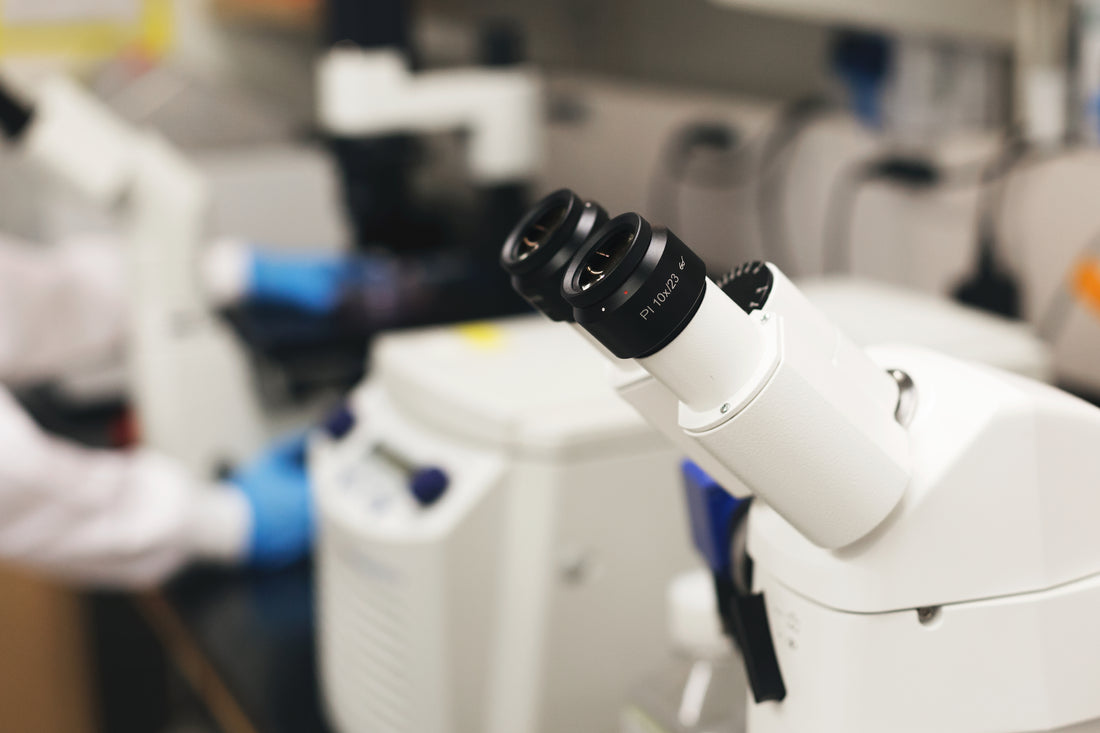
IBS : Connection with Gut Imbalance: How Gut Microbiome Testing Can Help
Share
IBS and Gut Imbalance
Irritable Bowel Syndrome (IBS) is a common digestive disorder that affects millions of people worldwide. Characterized by symptoms like bloating, abdominal pain, diarrhea, and constipation, IBS is often linked to an imbalance in the gut microbiome. The gut microbiome—the diverse community of bacteria, viruses, fungi, and other microorganisms in your digestive tract—plays a crucial role in digestion, immune health, and even mental well-being. When this balance is disrupted, it can lead to symptoms commonly seen in IBS.
Understanding the Gut Microbiome’s Role in IBS
The gut microbiome has been found to have a significant impact on IBS symptoms. An imbalance—where harmful bacteria outnumber beneficial ones—can lead to chronic inflammation, digestive issues, and altered gut motility, all of which contribute to the discomfort of IBS. Recent research suggests that individuals with IBS often have a less diverse microbiome compared to healthy individuals, and this imbalance may trigger or worsen IBS symptoms.
- Gut Dysbiosis and IBS: Dysbiosis refers to an imbalance in the microbiome, and it's a major factor in IBS. In particular, changes in the population of certain gut bacteria can affect gut permeability, causing "leaky gut" or inflammation.
- Microbial Imbalance as a Trigger: The wrong balance of gut microbes can lead to an overgrowth of harmful bacteria or yeast, increasing gut inflammation and triggering IBS symptoms.
How Gut Microbiome Testing Helps in Managing IBS
One of the most effective ways to understand your gut's role in IBS is through microbiome testing. A gut microbiome test analyzes the composition of your gut bacteria and identifies imbalances or deficiencies that might be contributing to IBS. Here’s how the test works:
- Comprehensive Bacterial Analysis: The test evaluates the diversity of the microbiome, pinpointing areas where harmful bacteria may be out of balance.
- Personalized Recommendations: Based on the results, the test can provide personalized insights into which foods, supplements, or lifestyle changes can help restore gut balance and alleviate IBS symptoms.
- Targeted Treatment Plan: Knowing the specific bacteria or imbalances at play allows for more targeted treatments such as the use of probiotics, dietary modifications, and other gut-healing strategies.
Conclusion: Take Control of Your Gut Health
Managing IBS effectively requires understanding the underlying causes, and gut microbiome testing provides an advanced way to gain this insight. If you're struggling with IBS, consulting a gut expert and getting a microbiome test could help uncover the root causes and allow for personalized treatments that target your specific gut needs. By restoring balance to your microbiome, you can reduce IBS symptoms and improve your overall quality of life.

